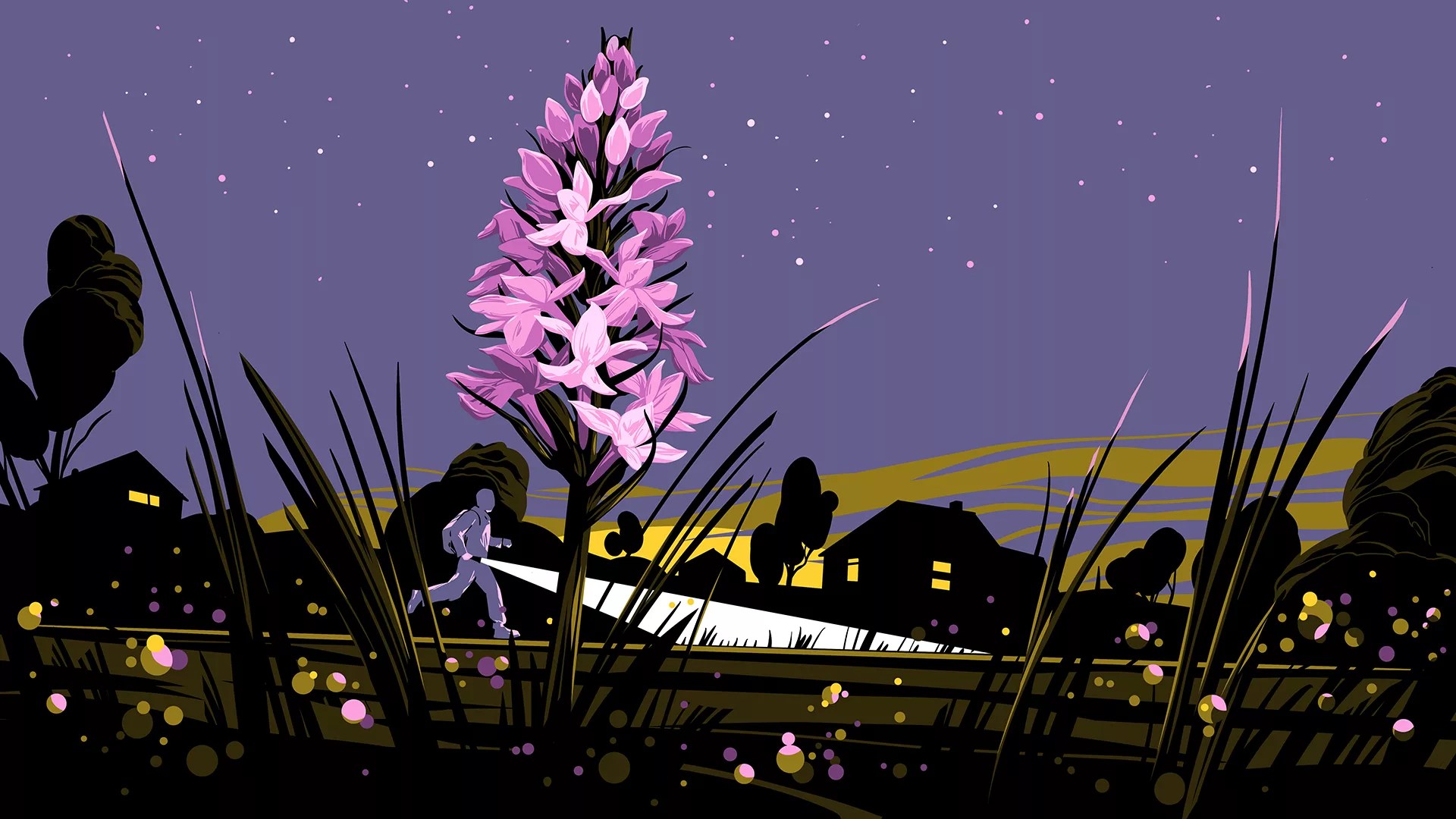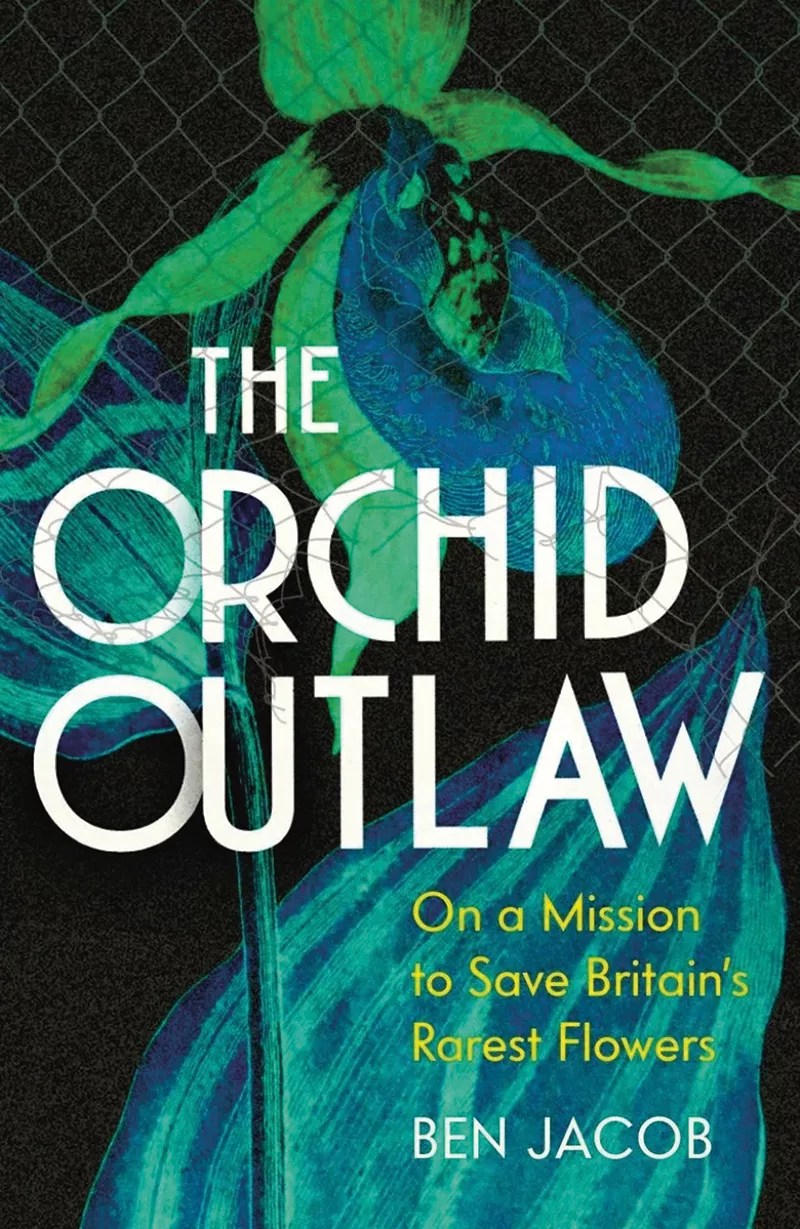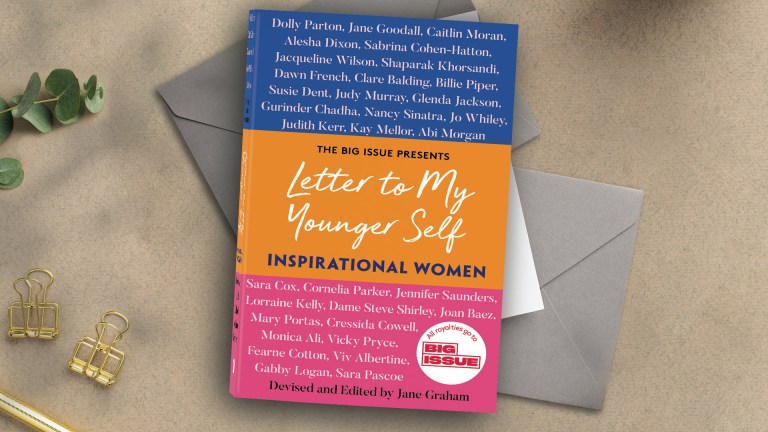About 10 years ago I turned outlaw to save orchids. It happened after I found some white flowers spiralling out of the short turf of a roadside verge at the city’s edge. They belonged to a near-threatened species of wild orchid called Autumn Lady’s-tresses. Their blooms, quivering in the slipstream of passing vehicles, gave that day a shot of unexpected joy. After all, it’s not often you get to see rare flowers on an urban stroll. Distracted, I didn’t notice the nearby signs advertising a forthcoming housing development.
Shortly afterwards construction traffic working on that development crushed those orchids into a muddy slush. According to my understanding of the law, since 1981, our native plants and animals have been protected by the Wildlife and Countryside Act. Breaking the laws listed in this act – which includes destroying native plants – attracts stiff penalties. So, surely (I thought) someone must have rescued those plants.
In fact, no one had rescued them and no one was languishing in prison for their destruction. I took a closer look at the Act and discovered it excuses any “lawful operation or other activity” from razing tracts of rare habitat along with all that lives there. This is partly why, for decades, this Act has not really worked. This isn’t just about orchids – many populations of protected species and habitats have steadily declined since 1981. You might think this would indicate that changes in the law or how it is applied are long overdue.
The Law Commission reached the same conclusion in 2015 when it suggested an overhaul of our wildlife laws. The Home Secretary turned down the idea. What can you do when the government doesn’t (surprise, surprise) listen? You can sit at home grumbling. Or you can quietly step in to do what the law should. The irony is that while the Act excuses “lawful” operations from destroying threatened species, it doesn’t extend that kind of grace to an unauthorised individual digging up a plant.
- Protecting bees isn’t a trend but proof that nature is for everyone
- Virginia McKenna is still fighting for wildlife to be Born Free aged 90
- The government needs to ‘put climate and nature at the heart of education in the UK’
Legally, digging up any native plant requires the landowner’s permission. Finding out who that might be and how to contact them can involve a fair bit of time and effort. But, even if you do contact them, granting permission is entirely at their discretion. It’s simpler to nip over a fence with a trowel and a bag and spend a few minutes digging out any threatened plants before moving them somewhere safer (a process known as “salvaging”). The problem is, if caught with freshly removed orchids in your possession, you’re facing a fine of £5,000 per uprooted plant or six months in prison. I decided the risk was worth it. So, I began a quest to save wild orchids from the tracts of construction sites that were consuming (and continue to consume) the fields and hedgerows of England.
I started carrying out my missions before dawn in the late spring and early summer. At that time the chances of anyone else being awake are slim. As a little yellow light seeps over the horizon and birds sing their dawn symphony, I set about finding orchids in hedges and fields, their clouds of pink and magenta, white and purple blooms offered to the world, unaware that, despite perhaps growing there for centuries, their days are coming to an end.










